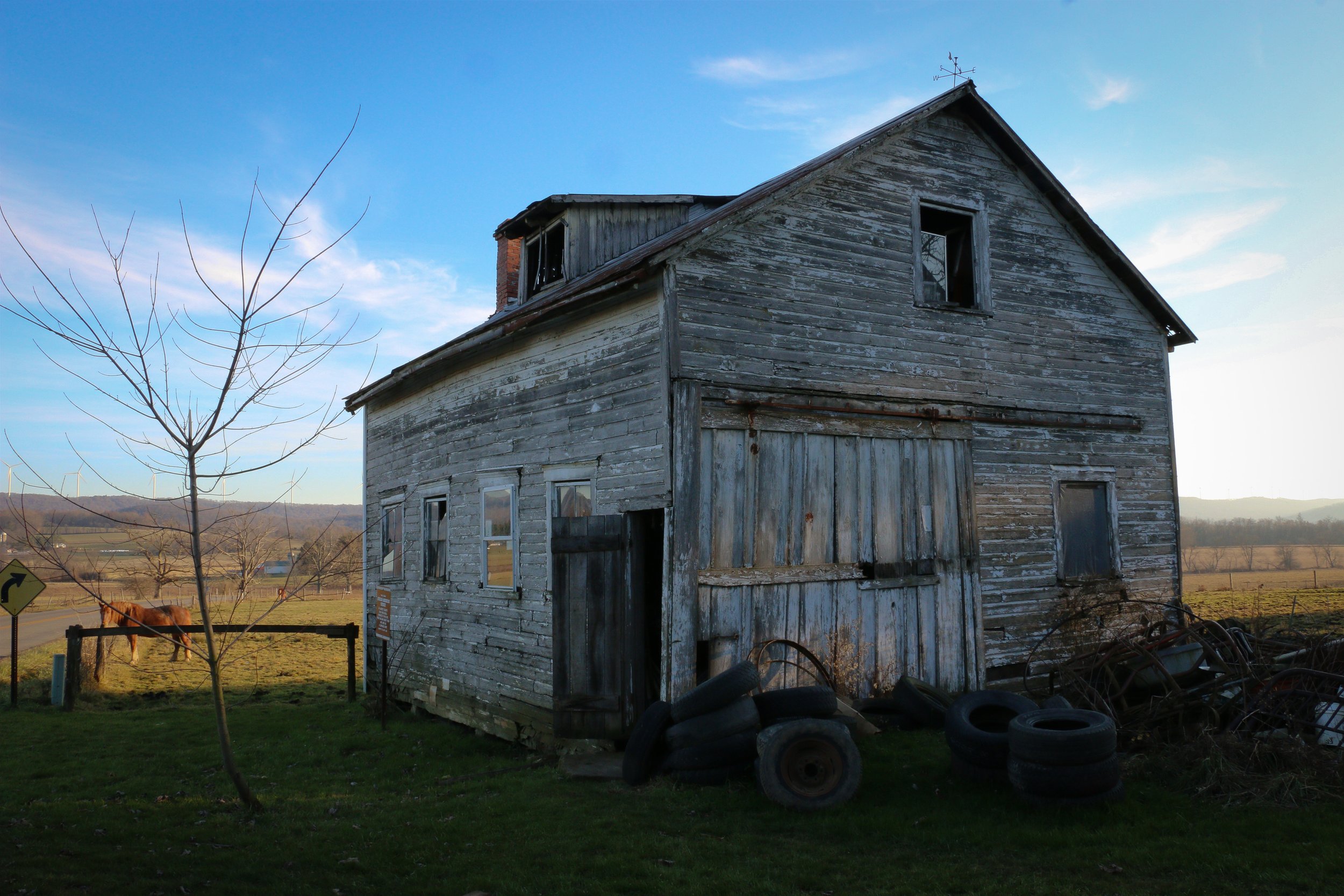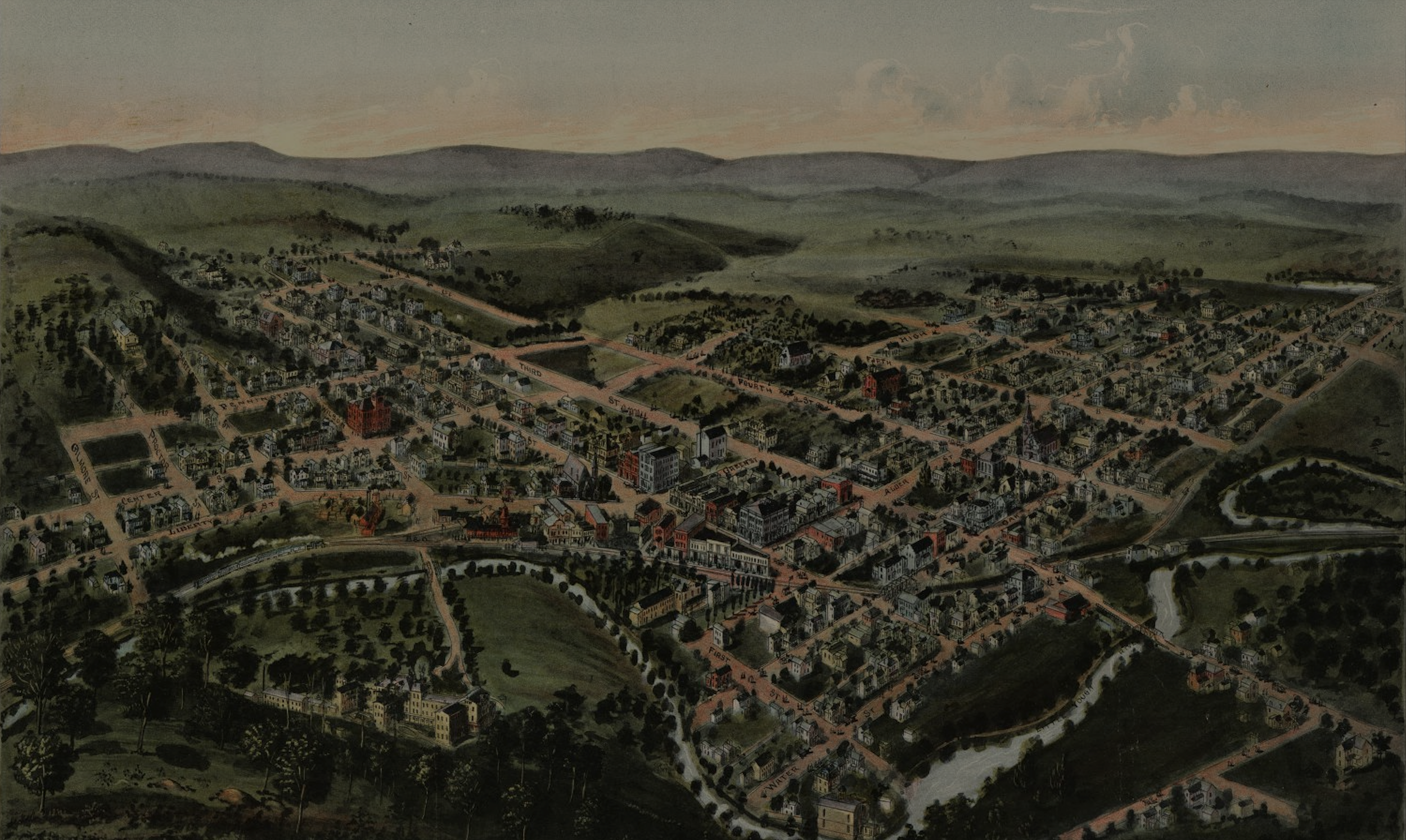
A Historic Church In Plain Sight.
What became a blacksmith’s shop once served as the only
African American church in Garrett County. It quietly blended
into the Yoder Family Farm, awaiting a rebirth as Bethel Center in Mountain Lake Park.
SCHEDULED OPEN HOURS
MAY
Mountains & Museums
MAY 24 from 10:00-3:00 PM
MAY 25 from 12:00-3:00 PM
JULY
Victorian Chautauqua
JULY 12 from 11:00-6:00 PM
JULY 13 from 12:00-6:00 PM
Garrett County, Maryland, was officially established in 1872, with the town of Oakland elected to serve as its seat of government. An African Methodist Episcopal (A.M.E.) Church existed within Oakland from the late Nineteenth Century through the early Twentieth Century.
The Bethel A.M.E. Church is undergoing a restoration after being relocated to Mountain Lake Park. Renamed Bethel Center, a mission to restore Garrett County's first African American church, will highlight the stories and contributions of its people and will feature exhibitions, programs, and events to inspire all people to embrace the future with kindness, compassion, and equality in our communities.
African American culture in Garrett County was largely limited to service workers with the B&O Railroad, resort hotels, and boarding homes during the height of vacation rail travel in the late 19th century and early 20th century. U.S. Census records show some African American residents were also influential business owners and farmers. Following two World Wars, The Great Depression, and the collapse of railroad resort travel, most if not all of the African Americans fled the area in search of new employment. Until now, this aspect of Garrett County’s history has been overlooked or forgotten. Many lifetime residents are unaware there was an African American community at one time that attended a cherished place of worship. The Amish family who saved the church nearly 100 years ago may have underestimated the historical significance of the structure at the time, but their descendants became well aware and anxious for it to be celebrated.

A Sanctuary In Oakland.
A hand-drawn map by an Oakland resident, dated 1896, is in the possession of the Garrett County Historical Society and identified a "primitively made colored church." It was considered a simple but sound structure constructed with basic tools and available materials perched over the town on the corner of Fifth and High Streets. A professionally made lithograph of the town from 1906 depicts the structure standing alone on the corner lot. The Historic Oakland Cemetery, where many of the congregation are buried, was located across High Street.
Simon Swartzentruber purchased the A.M.E Church and relocated it to his farm in Pleasant Valley to be used as a blacksmith and wheelwright shop.
Pictured below is his son-in-law, Samuel Yoder, who kept the shop going until May 23, 2022, when he made his final wheel on the forge.

After Nearly 100 Years.
Before the deconstruction began, descendants of the original congregation of the Bethel A.M.E. Church gathered at the Yoder farm to remember those who once sought solace inside the sacred space. It was the first service to take place since the early 1930s.
Step by step, the careful relocation progressed.
Over the course of a few weeks, the church was disassembled in panels from the top down. Each section was trucked to an indoor barn to begin the restoration process.
Bethel Center’s organizing committee continues to research the history of Garrett County’s African American community. This will be published over time and fulfill a vital part of the mission. Among recent discoveries is the bible that was gifted by D.H. Loar to the congregation of the Bethel A.M.E. Church. Inside is a hand-written list of pastors who served the church, most of whom filled the position for a single year.














